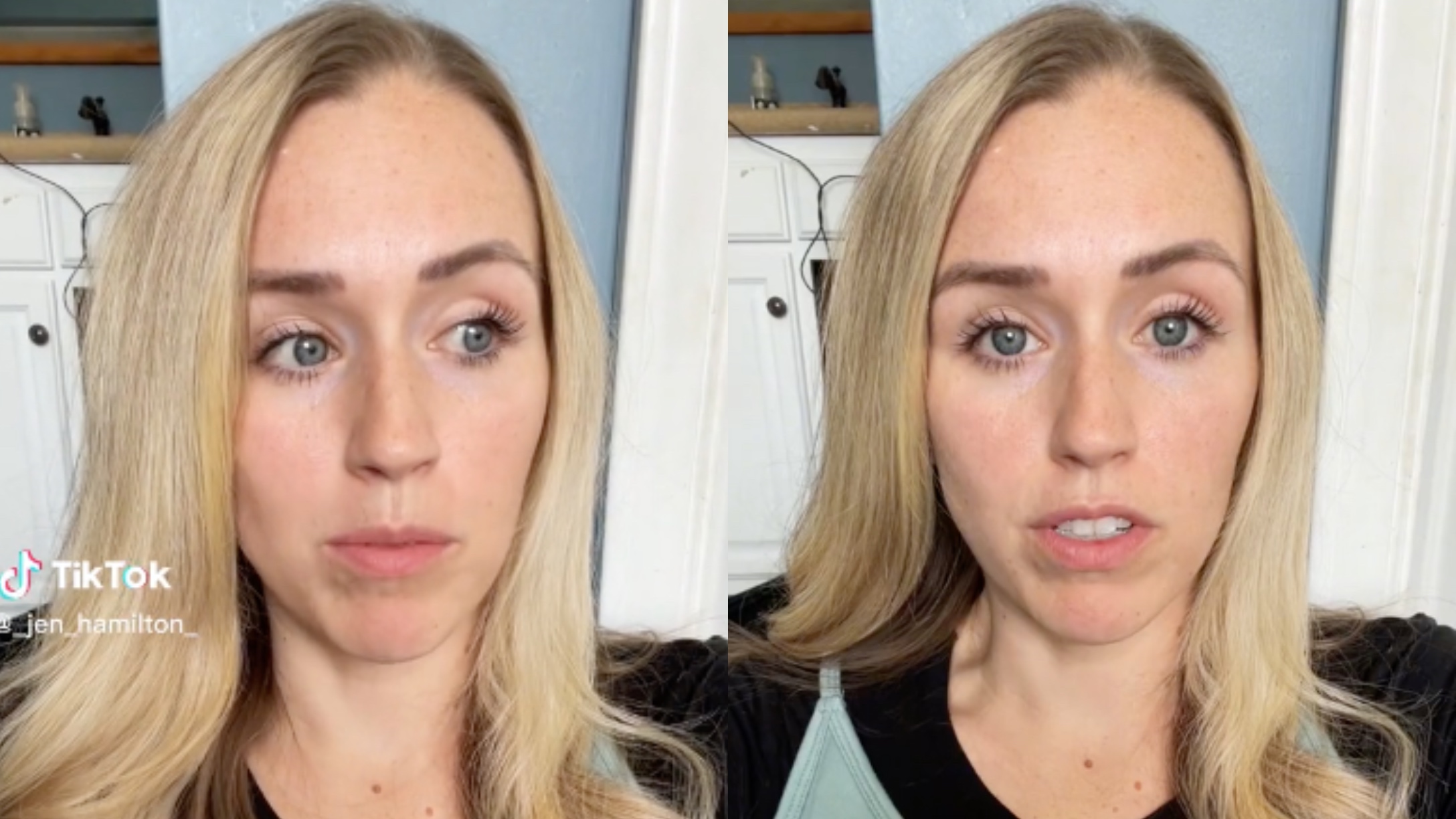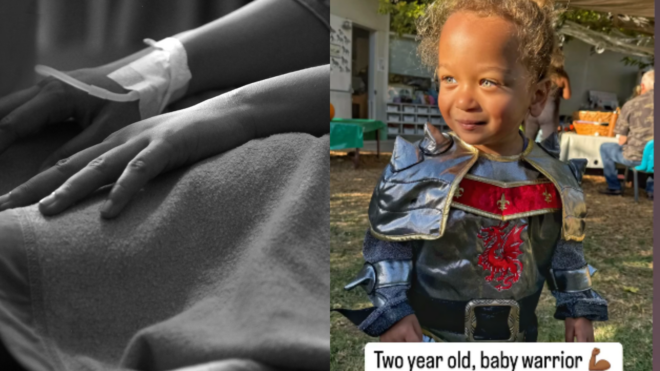
There is an ongoing discussion within the Black community about the burden of Blackness. But more frequently, Black people are starting to make a distinction. There is no inherent burden in being Black. In fact, most Black people will tell you they see the particular identity as a beautiful blessing. The challenges that come with being Black are all inflicted and enforced by society.
Racism and its effects exist at nearly every level of society. It affects Black people even in the womb. The maternal mortality rate in the US, is two to three times higher for Black women. And the cause can be largely attributed to racism and biases in the health care system. To combat all of this, one nurse is sharing why she treats her Black patients differently.
More from CafeMom: Black Women Explain the Positive Difference Having Black Doctors Made in Their Pregnancies
'I’m well aware that what I’m about to say could get me in a lot of trouble,' Jen begins.
Jen Hamilton, a labor and delivery nurse on TikTok, shared that she goes out of her way to treat her Black patients differently because the medical system has already placed them at such a disadvantage.
In the video, Jen explained the measures she takes to make sure her Black patients feel seen and heard when they are in her care. She began with a disclaimer: “I’m well aware that what I’m about to say could get me in a lot of trouble.”
Jen explains why the colorblind approach just doesn't work.
Jen said that she’s seen other nurses take a different approach. “I’ve seen other nurses, especially labor and delivery nurses saying, ‘I’m colorblind. I don’t treat my patients any differently.’ Meaning that they don’t treat their Black patients worse than they treat their white patients,” she said.
And while that might sound good, Jen shared, “it’s not enough to be a colorblind nurse in 2023. I know that in my speciality — labor and delivery — Black women are more likely than any other race to be harmed in pregnancy, childbirth and beyond.”
Jen explained that racism is baked into the history of gynecology.
Jen said that the US is the worst place to have a baby in the developed world if you’re a Black woman. “Why is this not happening anywhere else?” she asked, then answered her own question, “Systemic racism.”
For anyone who might doubt such a claim, Jen told them to Google James Marion Sims. Sims, regarded as the father of modern gynecology, conducted many of his experiments on enslaved Black women, often without anesthesia and certainly without their consent.
His practices helped to perpetuate the notion that Black women did not feel or experience pain in the same ways white women did. It’s a belief that persists in the medical community today.
Jen said she doesn't expect her Black patients to trust her.
Jen explains that even in 2023, not only are Black women not believed about their pain and their symptoms, the history of mistreatment by the medical community makes Black women less likely to go to the doctor because they don’t trust medical providers.
Jen says it’s for good reason. With the history firmly established, Jen explained how she treats her Black patients differently. “I don’t expect them to inherently trust me because I’m wearing scrubs and a badge. And I don’t get offended if they don’t … until I’m able to prove to them that I’m someone who can be trusted, they shouldn’t trust me,” she said.
In order to help build that trust, Jen emphasizes to her Black patients that she will always believe them. She says the same is true for her white patients, but she really drives the point home with Black patients.
For example, she makes sure to include every person the patient has as support in conversations about preeclampsia, even if they don’t have it, because it’s one of the leading causes of maternal mortality in the US.
More from CafeMom: I Visited a Wellness Center for Black Moms, Here’s How It Went
Jen acts as a birth bouncer during and after labor.
In the hospital room, Jen says she acts as a “birth bouncer,” not allowing anyone to do anything to her patients, only for them and their baby with their permission. Jen says, “I can neither confirm nor deny whether I have slapped a provider’s hand away when the patient said no.”
Jen also says movement is golden during labor and she suspects that medical professionals are not allowing Black women to move as freely. So she tells her patients she’s going to turn them like a rotisserie chicken.
Lastly, after the baby is born, if Jen doesn’t like the amount of bleeding she’s seeing, she’s speaking to the provider early about giving medications and devices to prevent postpartum hemorrhaging.
She ends the video saying, “I will always use whatever privilege I have to make sure my patients are heard. And if you’re a colorblind nurse, you’re part of the problem.”







